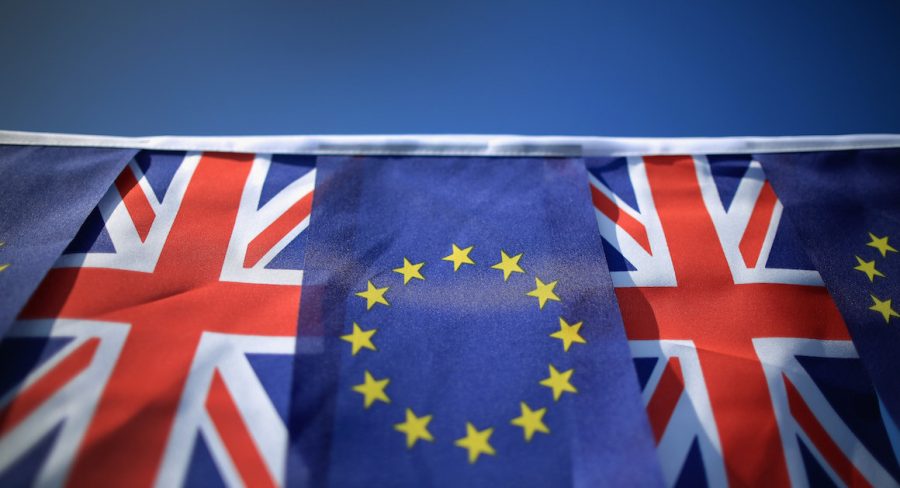UK heads for disaster ahead of Brexit deadline
A bad outcome for Britain
Since voting to leave the European Union in June of 2016, the United Kingdom has faced sharp divisions over Prime Minister Theresa May’s plan to leave. The deal secured by May’s government with the European Union seems likely to be rejected by the British Parliament, as many even in her own party and across the opposition oppose the deal. Most of those opposing the deal are those who voted to remain in the European Union during the 2016 referendum. These so-called “Remainers” would prefer another referendum on the terms of the deal or a complete renegotiation. Others who oppose the deal are the hard-core “Brexiteers” who want a total divorce from the EU. Brexiteers view the deal’s terms as overly restrictive on the ability of the nation to make its own decisions. As a result, there are few left in the Parliament and in the United Kingdom who support the agreement as it stands. However, the European Union’s leadership maintains that if the deal is rejected, they will not renegotiate. This leaves the Prime Minister with few options.
The expected rejection of this deal means the United Kingdom would stay in the European Union indefinitely or leave without an agreement. The former seems unlikely, as the Prime Minister and her party have repeatedly pledged that they will leave the European Union. A failure to leave at this point would be political suicide, although it might ultimately be better for Britain. The alternative is a sudden break from the European Union in March of 2019. All indications suggest that the British economy would suffer severe consequences as a result, especially in the financial sector. An economic collapse could also spell the end for Theresa May’s government. The Prime Minister finds herself in a terrible political position, having gambled everything on a deal likely to be defeated.
The best possible outcome for Britain at this point is to stay in the single market and customs union, or in the European Union. It’s unfortunate that the referendum made that proposition close to impossible. Only a collapse of the Conservative government might bring a turnaround, and even that is uncertain. A second referendum is nearly out of the question. Economic malaise seems unavoidable and further division inevitable. The road for the UK and the Prime Minister looks grim, and the EU has little to lose.








